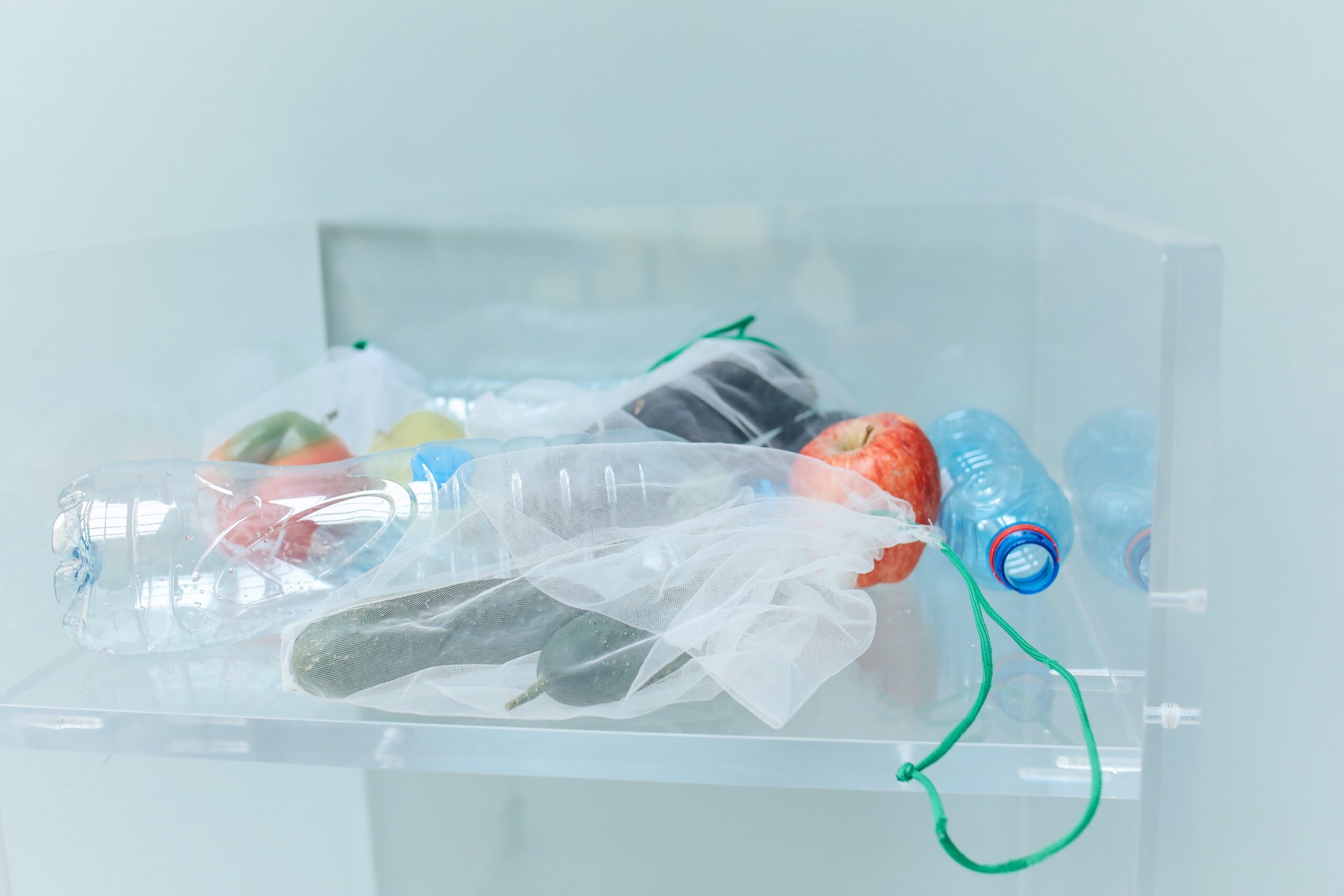New Directives for Use of Recycled Plastics in the UAE

Plastic products and products with recycled plastic components are everywhere. If you really think about it, many of the things you use on a daily basis use plastic in one way or another. In essence, cutting out plastic completely is next to impossible in this modern world. However, with the overuse and unscientific disposal of plastic sparking many conversations and debates across the globe, every nation is stepping up in its own ways to tackle the issue by kick-starting recycling initiatives.
Since the start of 2017, the UAE government and enterprises have worked hand in hand to educate the public on waste segregation and recycling, to keep recyclable plastic out of landfills as part of the country’s sustainability goals. Recently there has been another ground breaking decision from the government, supporting a circular economy for plastic. Let’s take a look-
Redefining recycled plastic
Keeping up with the current times, the UAE government and sustainable initiatives in our country such as More To Plastic, are on a mission to make small, yet meaningful impacts, one step at a time. During the Abu Dhabi Sustainability Week (ADSW) 2023 in January, a ministerial decision regulating the trade of recycled plastic water bottles was issued by The Ministry of Industry and Advanced Technology (MoIAT), in line with the UAE’s top public health and food safety standards.
According to the new decision, recycled polyethylene terephthalate (rPET) that is produced at MoIAT-approved recycling facilities and certified to conform to the UAE Regulation for Control on Food Contact Material can be used as water bottles and food packaging. The ministry decision further stipulates that the plastic recycling centers must provide documents confirming the adoption of good manufacturing practices and essential quality assurance systems for materials and products that come in contact with food. The documents should include-
- A comprehensive report from an accredited lab in the country, testifying to the quality and safety of the recycled plastic products
- Documents proving migration tests for the packaging materials in accordance with all the applicable regulations
- A risk assessment report assuring the quality and safety of recycled raw materials that are intended to be utilized for packaging drinking water
It is important to note that this decision also meets the UAE government’s strategic objective of improving industrial infrastructure and ensuring the sector’s contribution to the UAE’s economy. Meaning, these new directives are expected to attract more investments toward the expansion of the plastic recycling industry, consequently creating more job opportunities.
The MoIAT confirmed that they had worked closely with all stakeholders in the country including the National Food Safety Committee, UAE Food, and Beverage Manufacturers Group, as well as many other food and recycling experts and researchers in formulating this decision. In a nutshell, this well-thought-out ministry decision is an exciting and evident shift towards a circular economy for plastic, with a projected reduction of carbon emissions. This plastic initiative is also in alignment with UAE’s net-zero goals. Following this new decision, the national in-country value (ICV) is also estimated to increase by Dh 80-300 million annually.
Plastic bottle recycling in the UAE: What to expect?
Previous estimates had told us that on average, a UAE resident uses around 450 plastic bottles a year, which amounts to an annual consumption of around four billion plastic bottles countrywide. These numbers reaffirmed the fact that PET bottles-specifically water bottles- is an integral part of the UAE’s lifestyle.
Efficient waste management including segregation of materials should start at household or enterprise level, subsequently diverting the plastics for recycling. Practicing recycling by following the ministry’s rules and regulations will help make plastic initiatives in our country successful in the long run. As plastic bottle recycling becomes the need of the hour to support sustainability, you can read through our guide on how to recycle plastic in the UAE, as many more government entities, businesses, and initiatives like ours work hand in hand, aiming for a greener, brighter future.
Let’s come together and be part of the change. Start recycling and contribute to the UAE’s circular economy.
